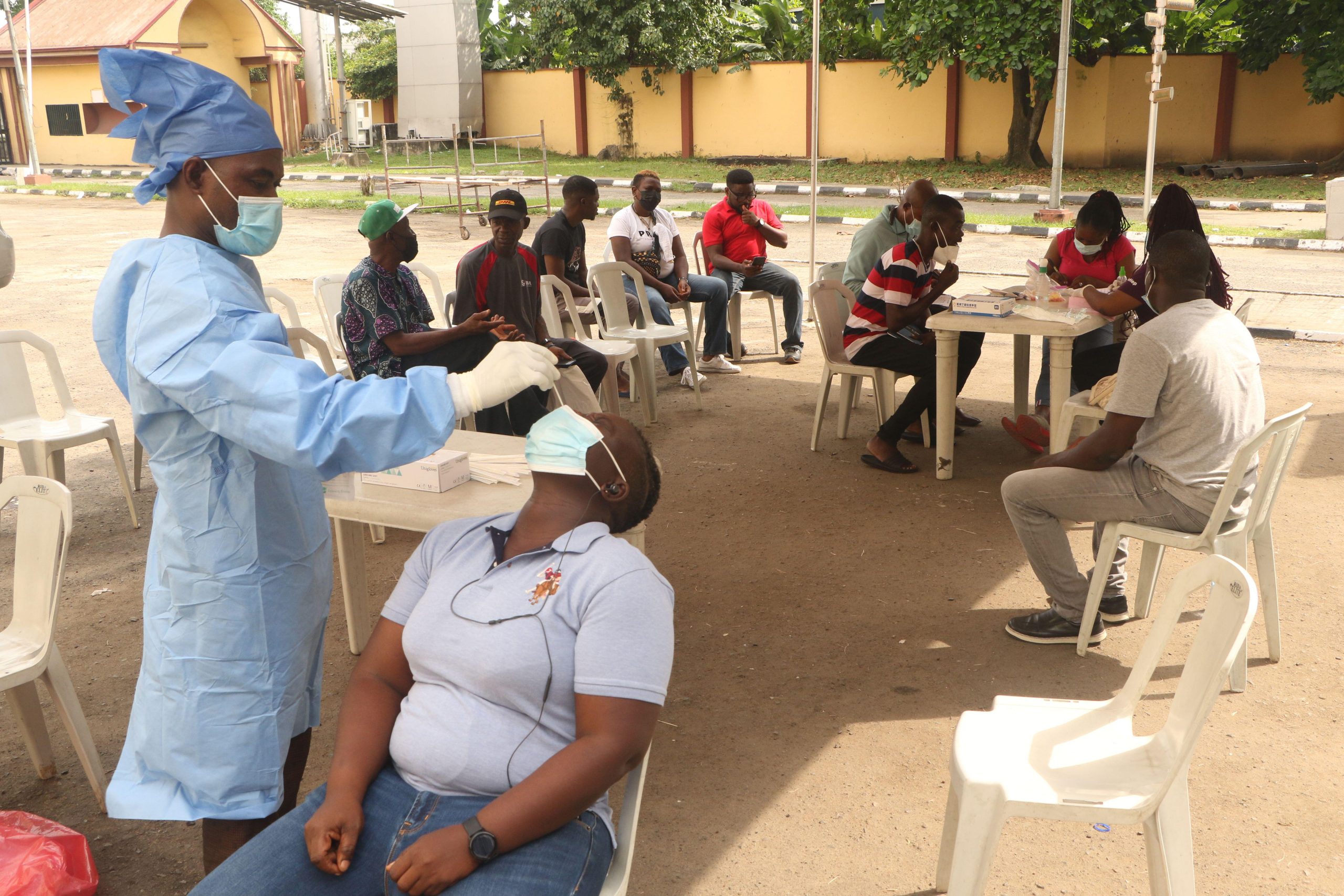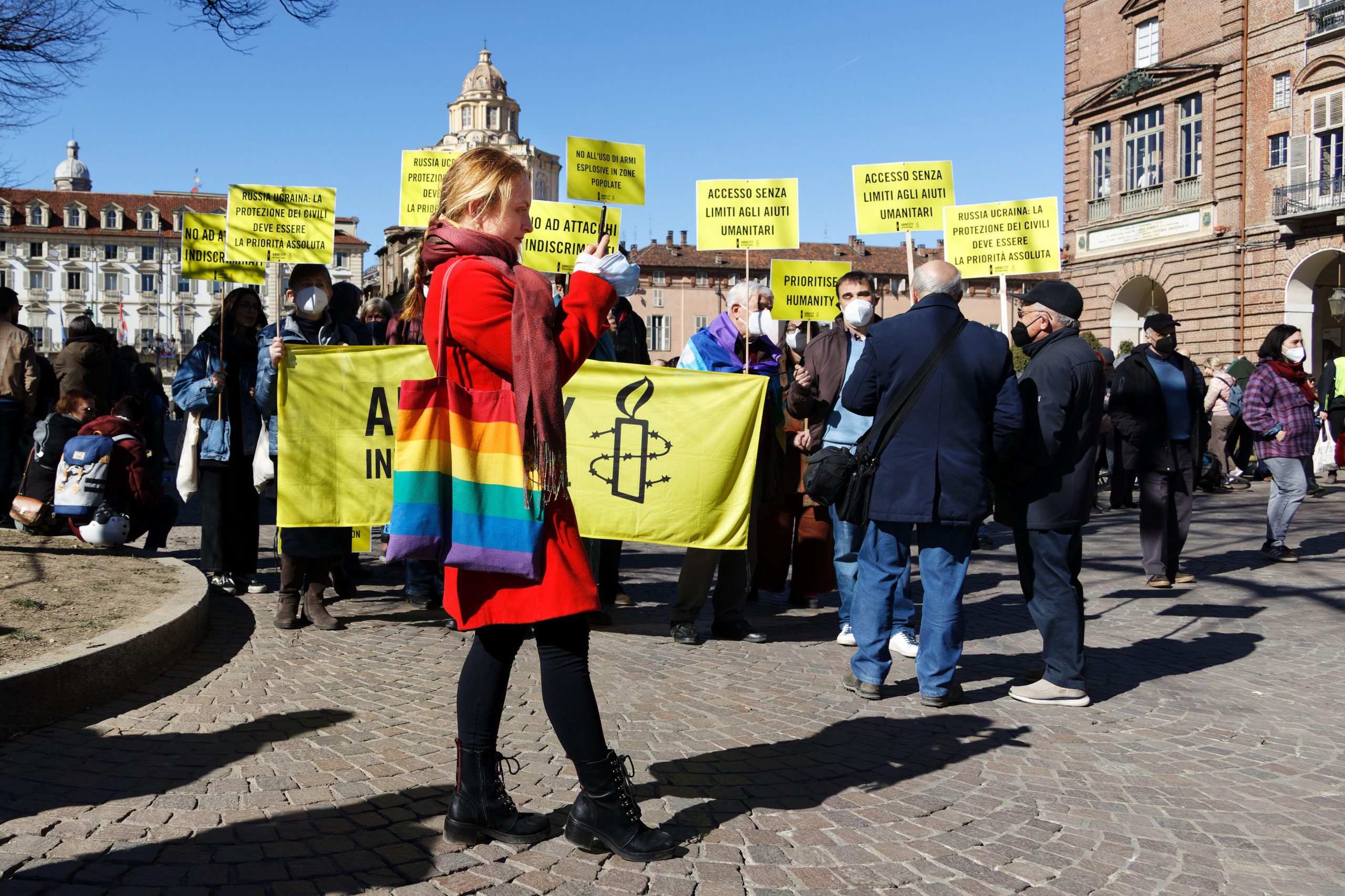Over 70 per cent of East Africa’s population lives in rural communities: despite the proliferation of radio stations, weekly and daily newspapers, and television stations, in Tanzania alone there are 17 radio stations, 61 national papers and 11 state and private TV stations. In Kenya and Uganda there are even more media outlets but despite this, and even though ‘freedom of information’ is being enshrined in constitutions (in Kenya and Tanzania), there are major challenges to free speech and accessing information.
Mwalimu Asya Mgongo is one of three teachers on the island of Chole Mjini, total population 950 people. Like many East Africans lucky enough to have a job, her monthly 120,000 TZ shillings (£45) teacher’s salary supports eight family members. She is listening to her phone as she sits on ‘the harbour’: a small slab of concrete overlooking the Indian Ocean, her headscarf covering her head — this is a 100 per cent Muslim island. “For me getting the information to teach my children really is a problem — Dar Es Salaam is over 12 hours away by boat, local bus and another bus. Books! You’re joking! They’re gold here. The government gives us text books, but there’s no postal system, and the even the newspapers arrive a day late, if they arrive, so there’s little point. I do have a radio, I listen to the BBC World Service and the German one, and I try and tell as many people as possible”. She looks out to sea a bit dreamily: “Internet, being able to get BBC news daily on the internet, I would love that.”
Her sentiments are echoed by Mama Dayema and Mama Mahogo, both cooks at the local Chole Mjini eco-lodge on the island, which, over the 20 years of its existence, has single-handedly raised the levels of education on the island by building a primary school and funding up to eleven people to go to university — a first for the island. Mama Dayema is clear about what information is missing from their lives: “We tend to rely on taxi drivers (on the sister Mafia island, a ten minute boat ride away) for information on staples like maize, rice, cooking oil. We’d really like to be able to chat to the guests in English. I am the only villager on the island with solar power, which I found out about through information from foreigners. The key is education, completely: my children need to get ahead and know how the world is, even if I don’t. We are cut off, ignored actually, by mainland government, and policies, but in some ways I don’t mind. We have abundant fruits — oranges, mangoes, and real trust here, we look after each other. On the mainland (Tanzania) there’s thieves, diseases, adulterers, bad people.”
Salma Meremeta left Mafia, for work in the capital; “Honestly we are isolated and abandoned here, the government doesn’t care about us one bit — when I come home I am shocked by the lack of information here, it’s bad.”
Certainly for tourists the island is as close to paradise as it gets, and the isolation a “feature” of the attraction. However, it’s a recognised problem that rural people, particularly women, are marginalised from the creation, circulation and consumption of information. Ironically rural people are often far more critical, and vociferous about political policy issues (water and the price of basics) because they are living so close to the breadline. Yet media houses and reporters are based in capitals like Kampala and Nairobi, and infrastructure — lack of good roads and the expense of flying — makes distribution of newspapers extremely expensive (thus impossible). It is rare for reporters to get the resources, support and incentives to report on “rural” issues.
On Chole Mjini island (which is 250km south of Dar Es Salaam, Tanzania, 1.5 square km wide, in the middle of the Indian ocean) the main public space in the village is dominated by a television hooked up to one of the two electricity points on the island. Football results and news are the popular crowd-pleasers. Up to two hundred men at a time pay 200 TZ shillings (ten pence) to watch for the evening; for 100 TZ shillings they can also charge their phones. As Saidi, says “It’s not really ok for women to be in public watching television. But we are an oral culture, so for example things like health messages (recently the US government donated mosquito nets to the island) don’t get spread on tv on radio, but by word of mouth. Or by the Imam at the call to prayer. We’re extremely forgiving and compassionate here, as a Muslim culture, so our sick people, we have two HIV victims, they are looked after by us, they are not ostracised. If we feel our sheha’s (Chiefs) are being unreasonable or unfair, we ignore them, or get rid of them. The island is so small there’s a sort of democracy. Go to the mainland? Me! No, never, I love it here”.
Figures for east African internet useage are not entirely accurate, but according to survey group Afrobarometer Tanzania scores the lowest, with just one per cent of the population having access to internet, . On Chole Mjini no-one has a computer, thus there is no internet access. Mama Dayema’s daughter, Mwana, is a striking, educated 24 year old with her mobile phone neatly wrapped in a flannel and tucked into her bra. She is ambivalent “Yes, I suppose part of me is interested in the fact that slavery was only abolished here in 1922, or the Shirazi Persians built palaces here in the past, but honestly I am more interested in modern things, like music and fashion from Dar Es Salaam, or football results, not history.”
One of the downsides of lack of information is the prevalence of gossip. People pick up snippets of news, but it gets mangled through the rumour mill. It’s telling that despite the lack of media in Swahili there is no concrete way to say “I am bored”.




